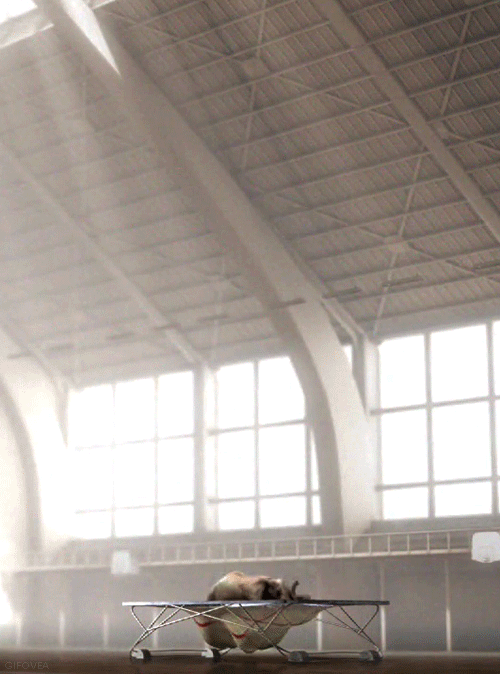Greetings Everyone!
Our time in L.A. has been flying by. From getting a tour of the Young Sheldon set from the one and only young Sheldon to sitting in on an American Dad table read, this past week we got some incredible opportunities. Most of our agenda last week was very television centric. Now, a show’s production environment varies but there is one general sentiment that these industry members shared– film is a directors’ medium and television is a writers’ medium.
One thing that seems to dominate television writing is the writers’ room. Whether the script is collaborative or members take turns on each episode, the writers’ room seems to be king. When we were visiting the Young Sheldon set, we ran into the director as he was planning his shots for the day. If this were a film, I feel as though the director would spend much more time on this step of production. Now, I know this varies from filmmaker to filmmaker but in terms of television, the framing and look of the picture seems to be less important considering the focus is placed on the writing.
Let’s back track a bit. Did you notice how I said writers were king? Believe it or not, I did that on purpose. One thing that really stood on these visits was the lack of female voices in the writer’s room. To make sure I wasn’t jumping to conclusions, I did some research.

So after perusing IMDB, I noticed that I was indeed on to something. In 2016, the Writers Guild reported that 29% of employed writers identified as female. Now, I’m not saying I’m presenting any ground breaking news here. The fact of the matter is that writer’s rooms are overwhelmingly male. Some may argue that this is because of certain shows’ content. I, however, call bullshit on that (sorry if I can’t say that). The content argument pigeonholes women in not only their writing abilities but also their identities. Take me for example, I’m disgusting and forget that the f word is taboo. Many would say this isn’t feminine. Bridesmaids is an amazing example of women being gross and doing things that would typically be considered masculine–female fight club and soiling one’s self in the street. This film also explores female friendship and it was written by women! It seems silly to expect well rounded, unique femme characters if they’re written by men.
Okay men who are reading this, calm down. I know some of you can write good femme characters but too many of you don’t. Just take a little break, and let some femmes write their own stories. Also, this notion doesn’t just apply to gender. People of color, LBTQIA, disabled people, among others who’s voices aren’t typically heard deserve to control their own narratives.
And with that, I bid you adieu!
-Olivia
